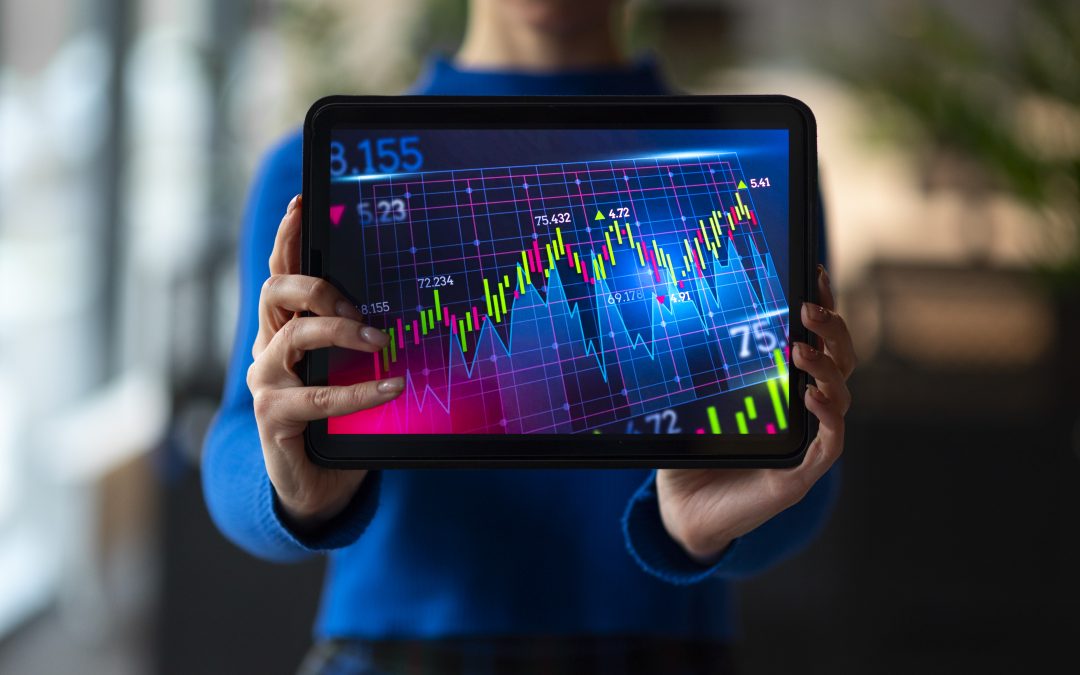Mastering your emotions is often the difference between a good trade and a terrible one. As traders, we’ve all been there: the roller coaster of emotions, the impulsive decisions, the overconfidence, and the crushing fear of loss.
The good news is, plenty of books have been written to help us get a grip on the psychology behind trading. Here, I’ll walk you through some of the best books to master trading emotions, based on real-life feedback from the trading community.
These must-read books on trading psychology can give you an edge by helping you tame your emotional state during trades.
1. The Chimp Paradox by Steve Peters
At first glance, The Chimp Paradox might seem overly simplistic. Peters breaks down the human mind into two competing forces—the rational human and the emotional chimp. While some traders dismiss the book as basic, the simplicity is its strength.
I’ve read many dense books on psychology that left me feeling like I knew less than when I started. This one, however, gives actionable advice. You might think it’s not directly related to trading, but learning to manage your “chimp” can make a world of difference when you’re tempted to make emotionally charged trades.
The book doesn’t claim to be an academic masterpiece; it’s more of a practical guide to understanding your impulses. I’ve found that thinking about my “chimp” before making big trades has helped me slow down, process what’s happening, and make more calculated decisions.
2. The Mental Game of Trading by Jared Tendler
For anyone looking to dive into the specific emotional triggers of trading, The Mental Game of Trading is a goldmine. Tendler, who isn’t a trader himself but a mental coach, pinpoints the exact mental barriers we encounter in trading—like fear, greed, and overconfidence.
The concept of “trading on tilt,” where we lose our emotional grip, is something we all know too well. This book will help you understand why that happens and how to manage those emotions before they sabotage your trade.
Personally, this book gave me the tools to identify my emotional triggers before they took control. If you’ve ever gone on a trading spree after a loss (we’ve all been there), this book can help break that cycle. A must-read for anyone serious about long-term trading success.
3. Best Loser Wins by Tom Hougaard
Hougaard takes a very different approach in Best Loser Wins. This isn’t your typical “here’s how to avoid losses” book—it’s more about embracing failure and learning from it. Traders often mention how refreshing it is to read a book that doesn’t sugarcoat the reality of trading.
Hougaard argues that success comes from losing, and learning how to deal with those losses will shape you into a better trader.
I found his personal stories of failure both relatable and encouraging. For those just starting out or looking to elevate their trading mindset, this book serves as a reminder that losses are part of the process. It’s not so much about avoiding them as it is about learning to thrive in spite of them.
4. Trading in the Zone by Mark Douglas
This one’s a classic for a reason. While the book does repeat itself a bit, the core message is essential: mastering your emotions in trading is more important than mastering technical analysis.
Douglas drills into your head that trading success comes from consistent behavior and controlling your emotional responses to the market.
I’ll admit, the book got a little heavy on the psychology jargon at times, but the lessons it teaches are worth revisiting. This is one of those books where you read it once, then come back to it a year later when you’ve gained more experience.
Even seasoned traders can benefit from a refresher on the emotional discipline Douglas emphasizes.
5. Trading Psychology 2.0 by Brett N. Steenbarger
Finally, we have Trading Psychology 2.0. Steenbarger takes a holistic approach, incorporating everything from emotional resilience to cognitive strategies for improving performance. This book covers a lot, but for those willing to stick it out, the rewards are there.
Steenbarger emphasizes that trading isn’t just about learning techniques but also about mastering your own psychology.
That said, I had to take this book in small doses. The sheer volume of information can be overwhelming, but it’s worth the investment of time. If you’re serious about developing long-term emotional and cognitive strength in your trading game, this book delivers.
Conclusion
The emotional side of trading can either work against you or become your greatest asset. Whether you’re exploring The Chimp Paradox to control impulsive decisions or Best Loser Wins for a new perspective on handling failure, these books offer the tools you need to master your emotions. By applying the lessons from these readings, you’ll not only improve your trading but also build valuable skills that can benefit you in many areas of life.

